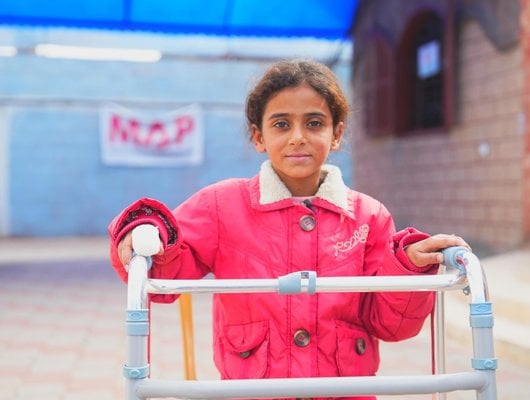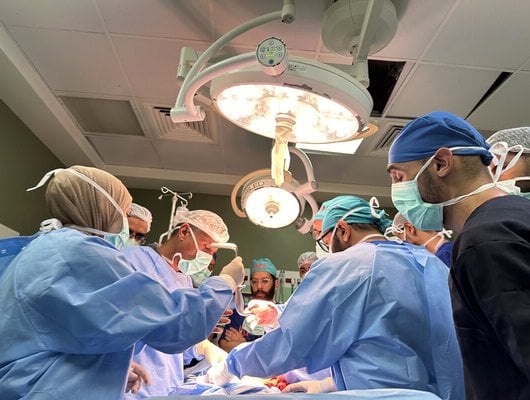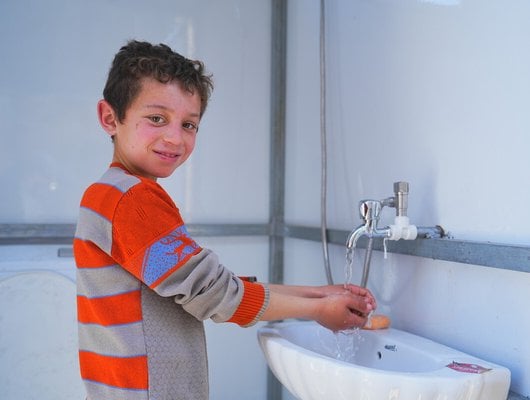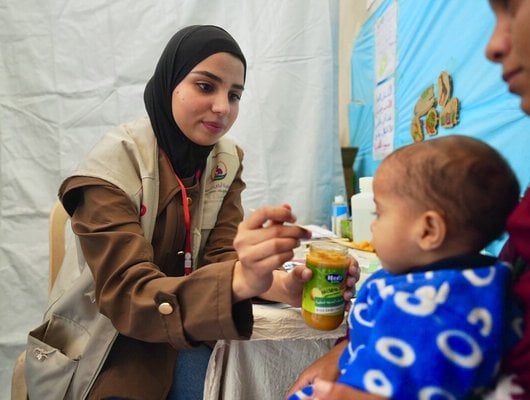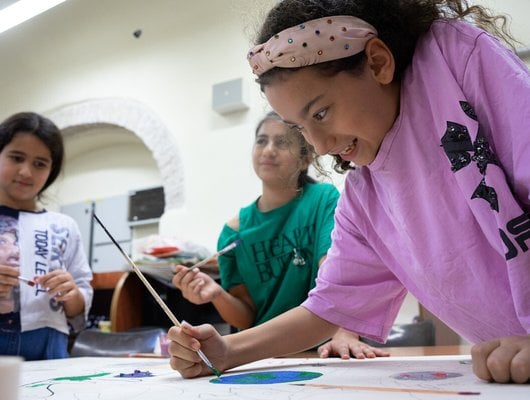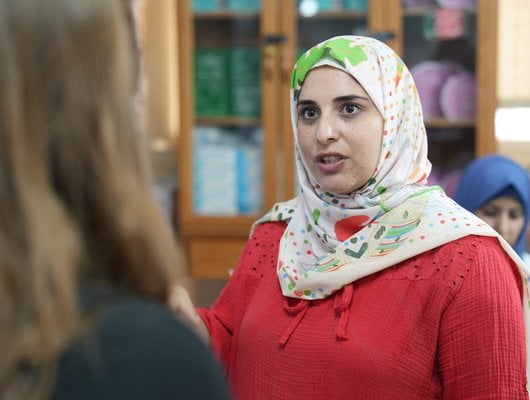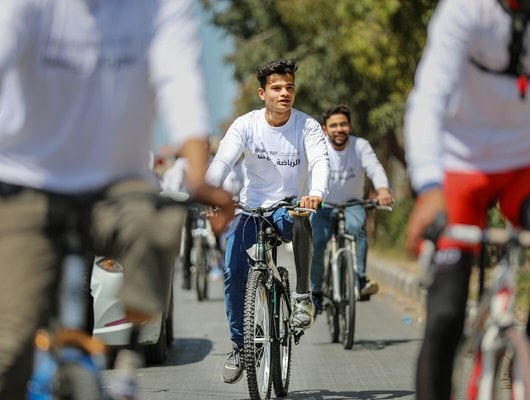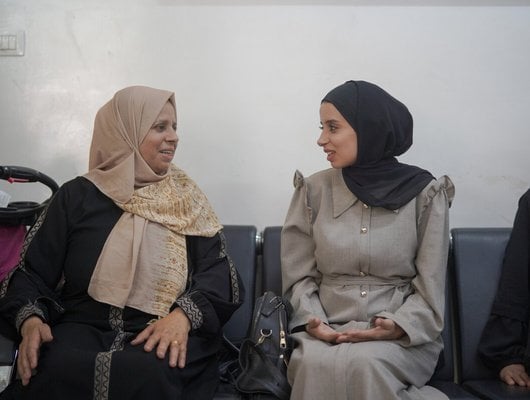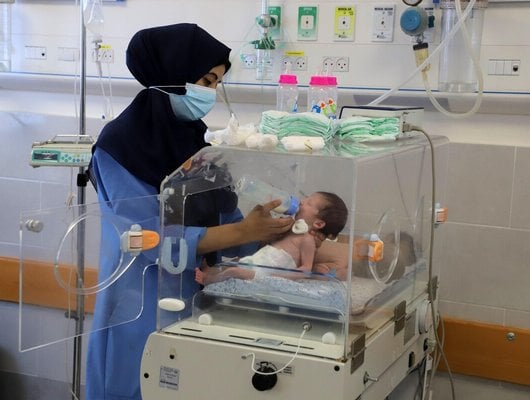What we do
MAP's vision is a future where all Palestinians can access an effective, sustainable and locally-led system of healthcare, and the full realisation of their rights to health and dignity.
Through our programmes in Gaza, the occupied West Bank, including East Jerusalem, and Lebanon, we work with trusted and experienced local partners to achieve this vision. Our programmes, designed and delivered by Palestinians, provide access to essential health services and build local knowledge and skills to address Palestinian health problems. In times of humanitarian emergency, we are ready to respond rapidly with aid and assistance.
MAP is also committed to bearing witness to the injustices caused by occupation, displacement and conflict. We speak out in the UK and internationally, and ensure Palestinian voices are heard at the highest levels, to press for the political and social barriers to Palestinian health and dignity to be addressed.
